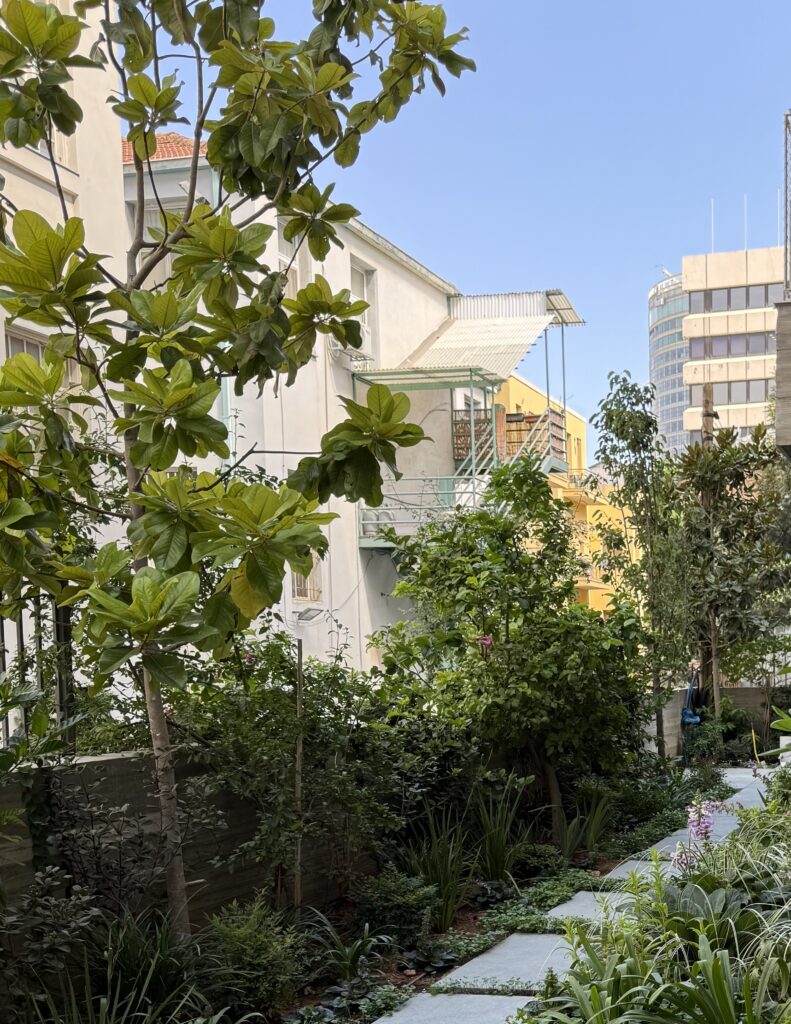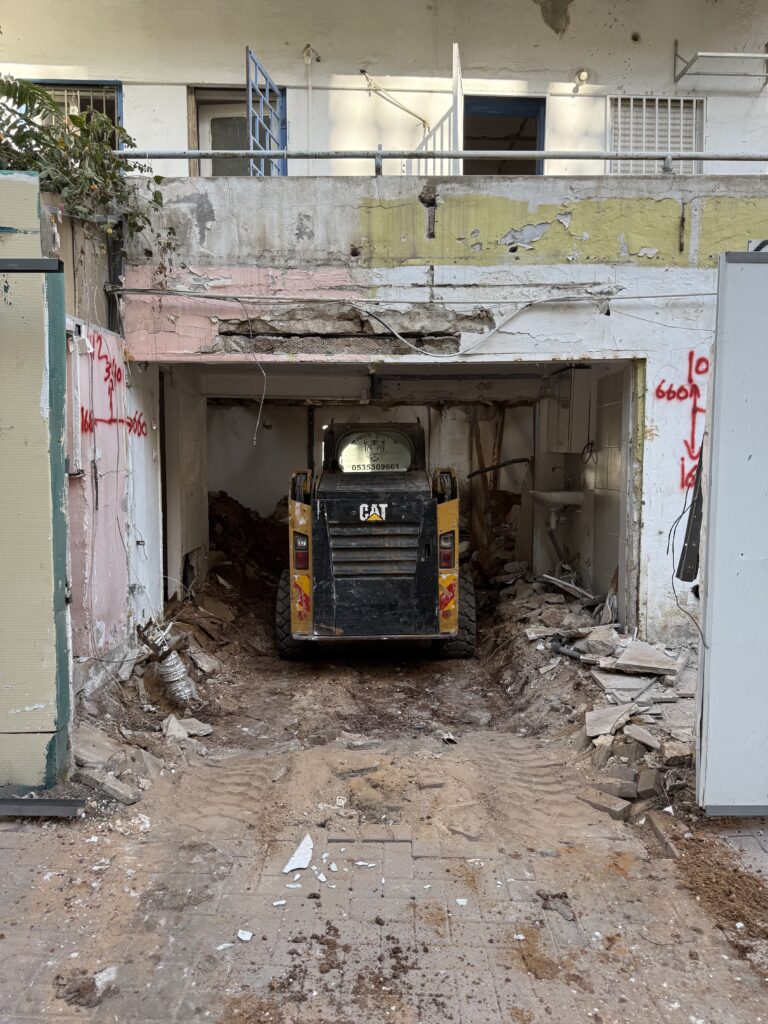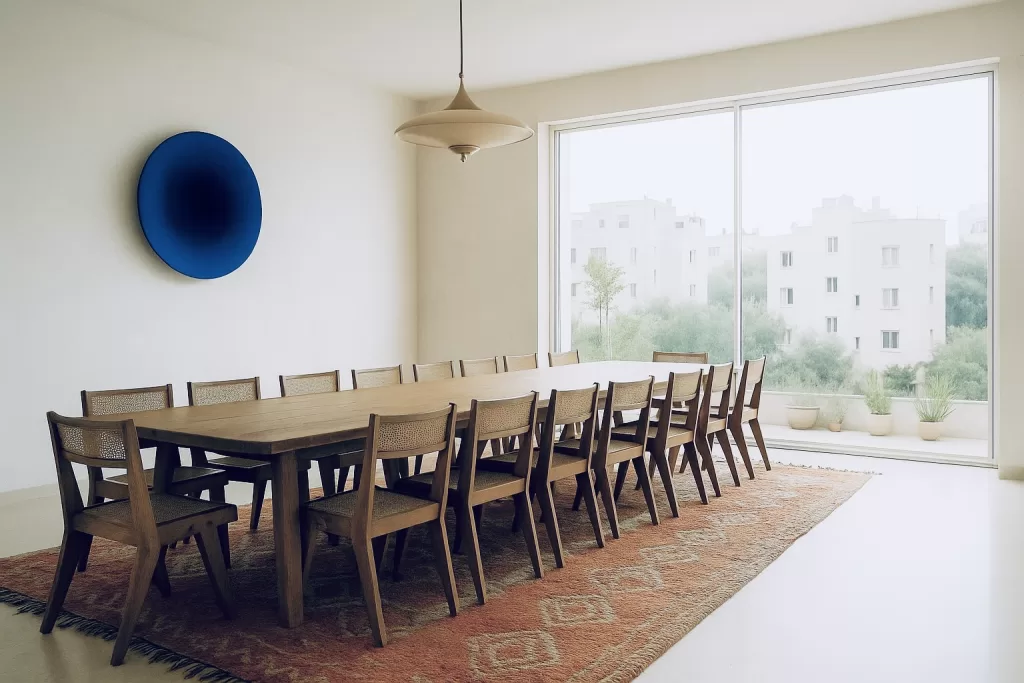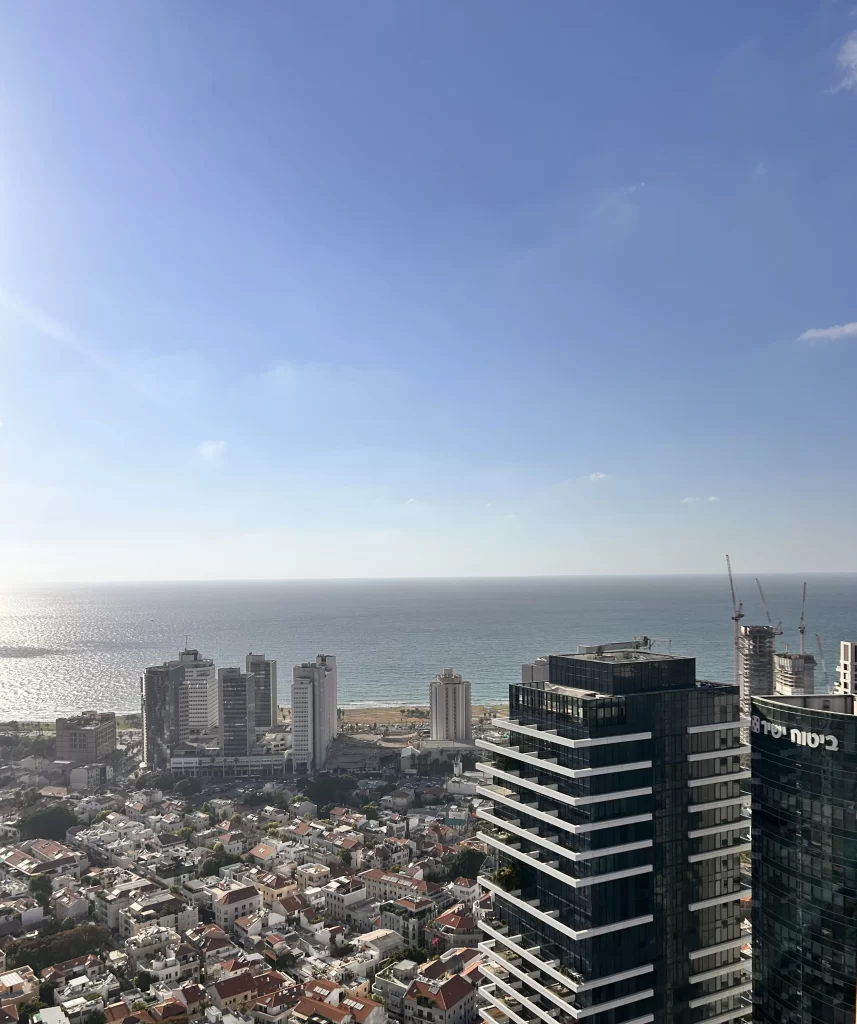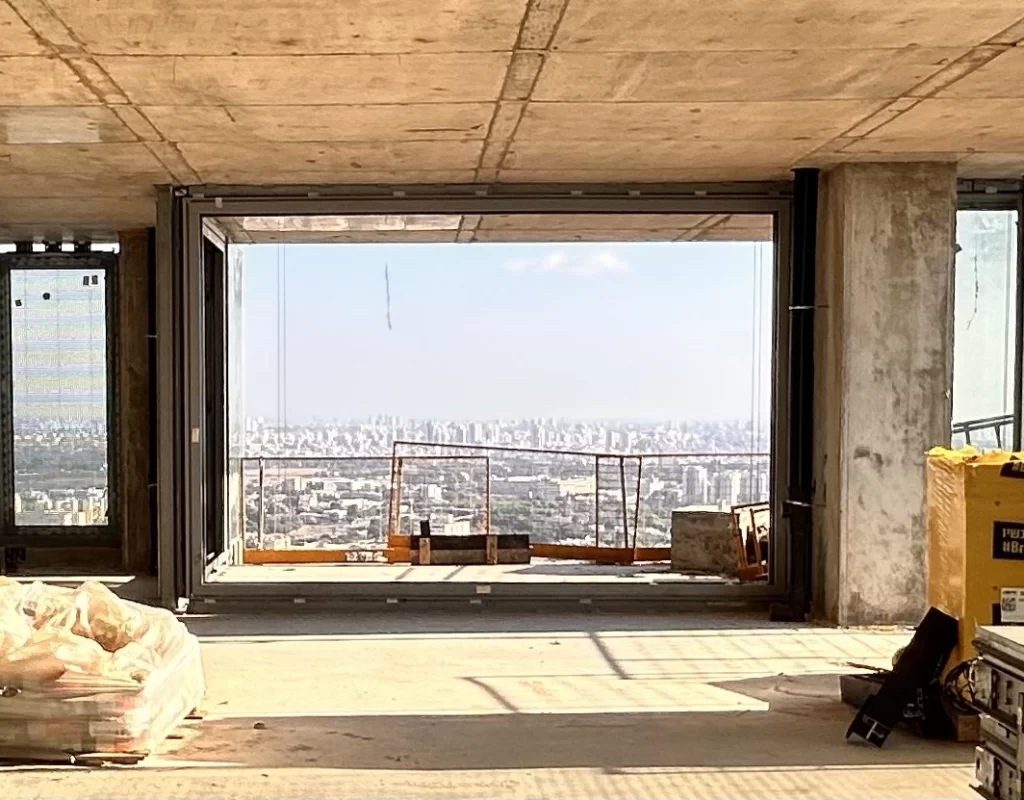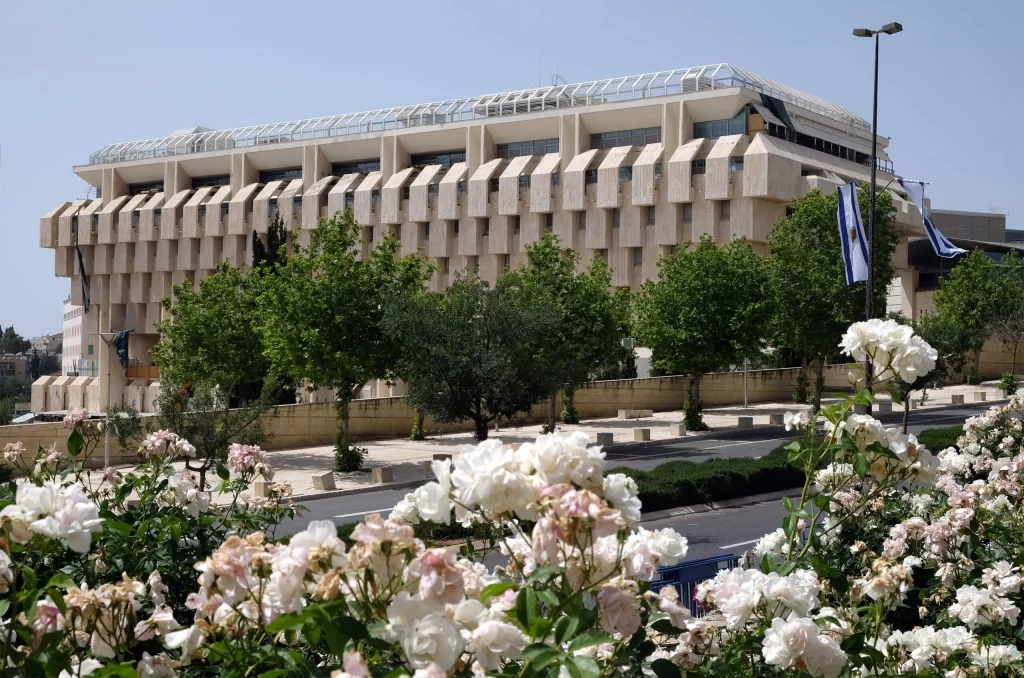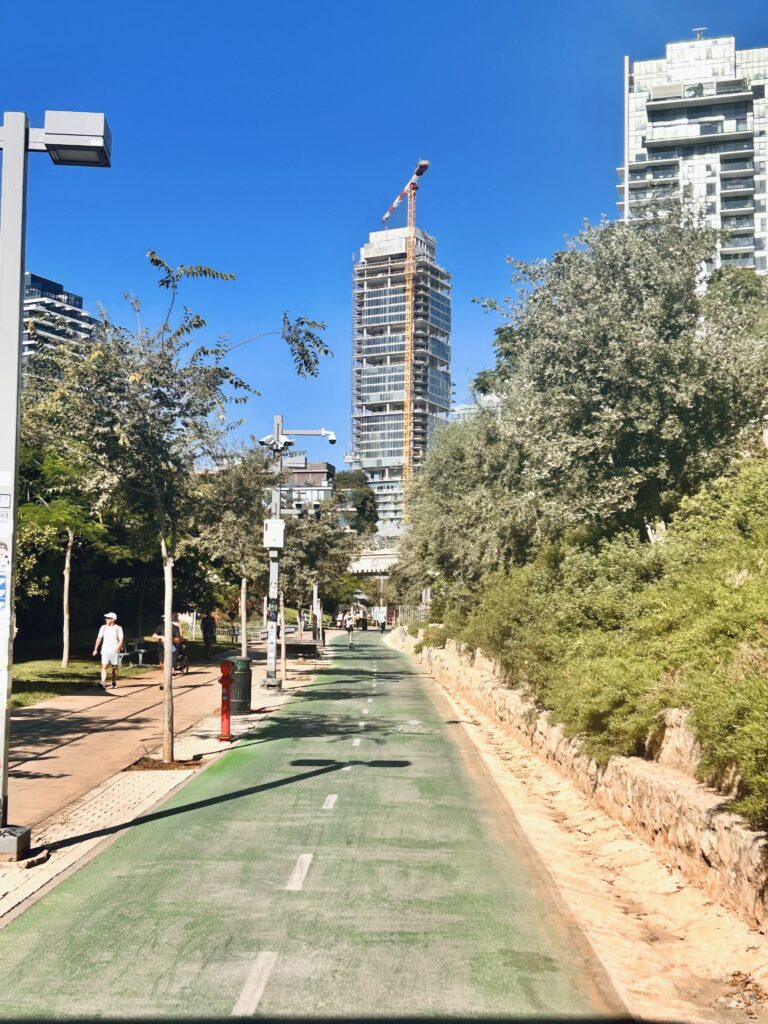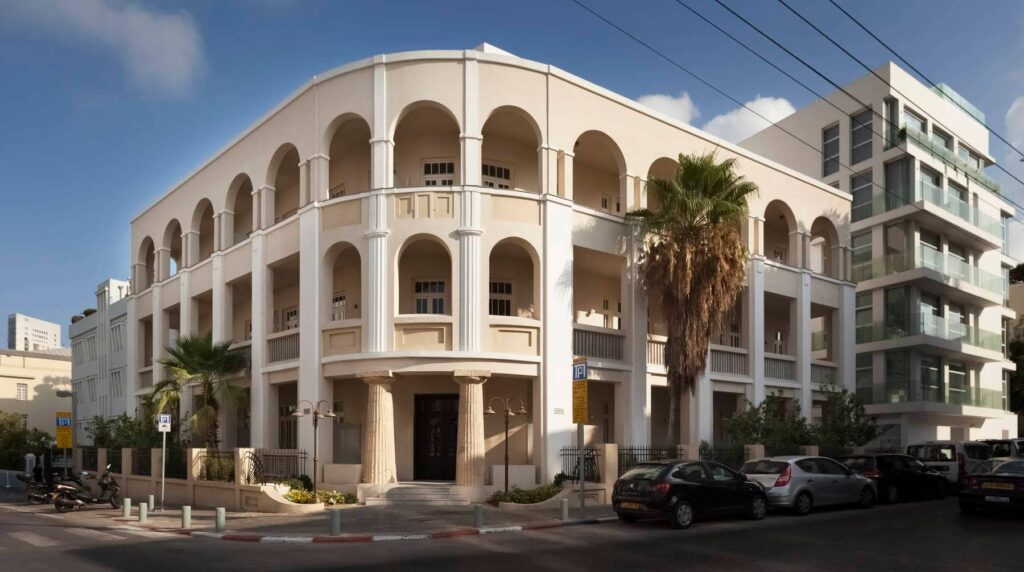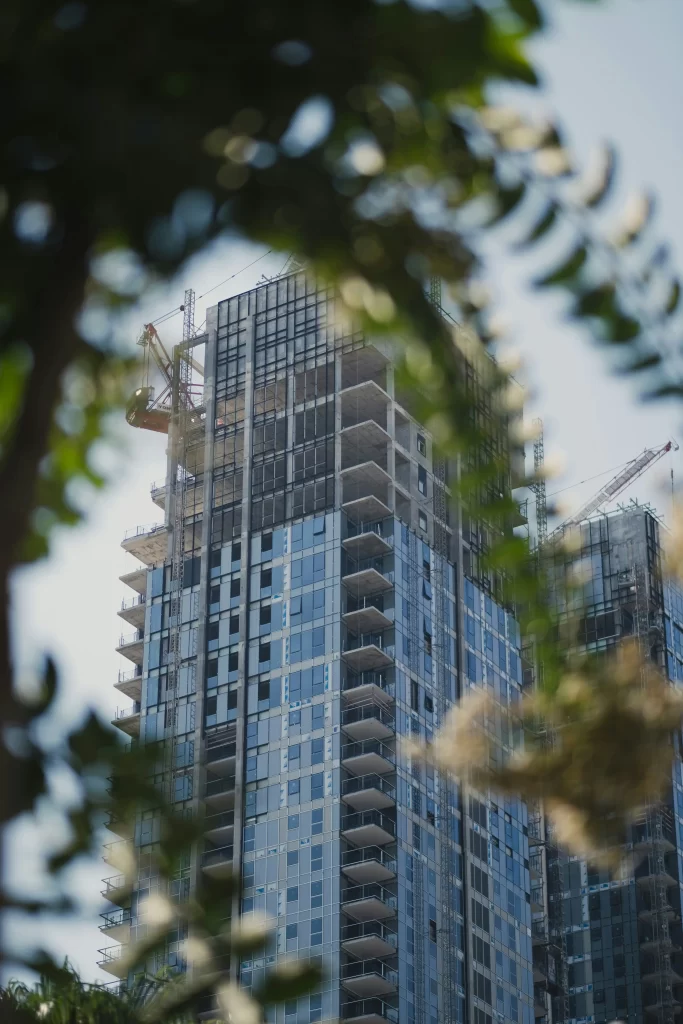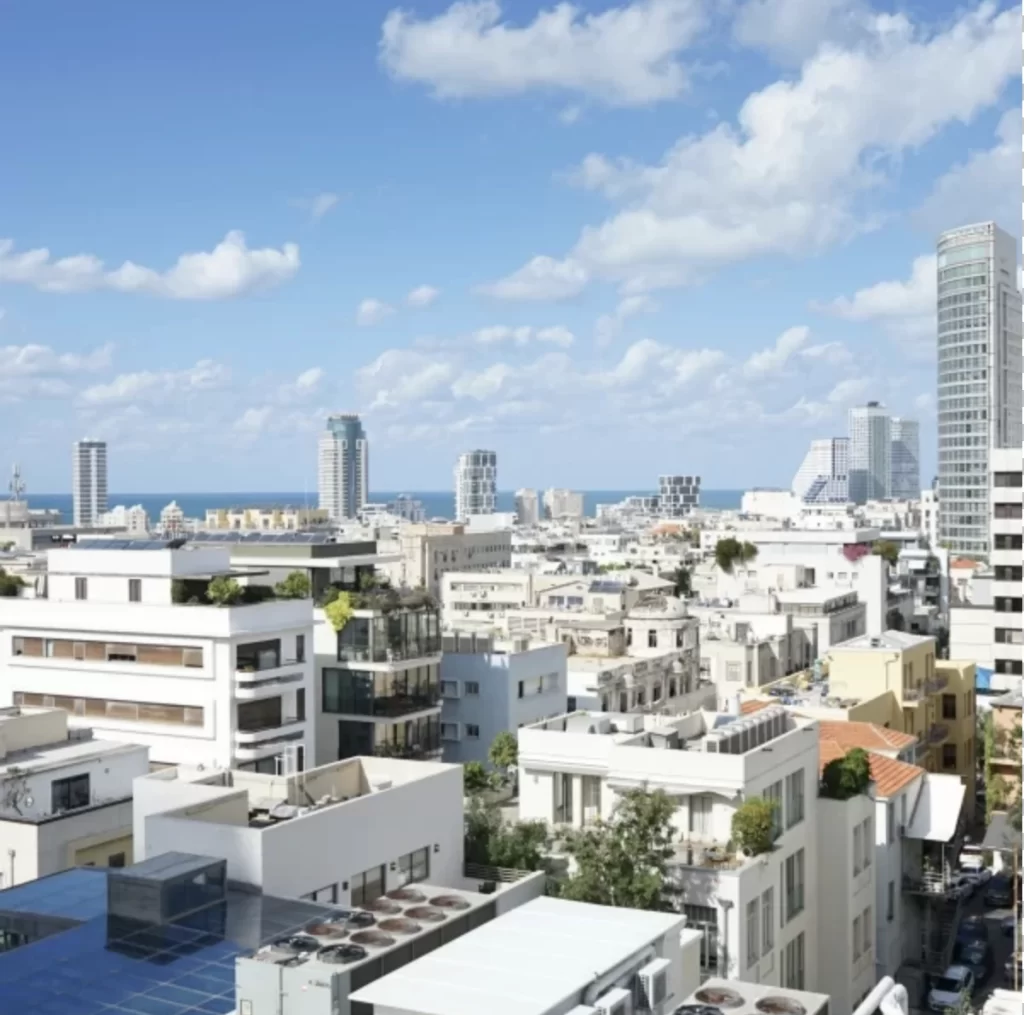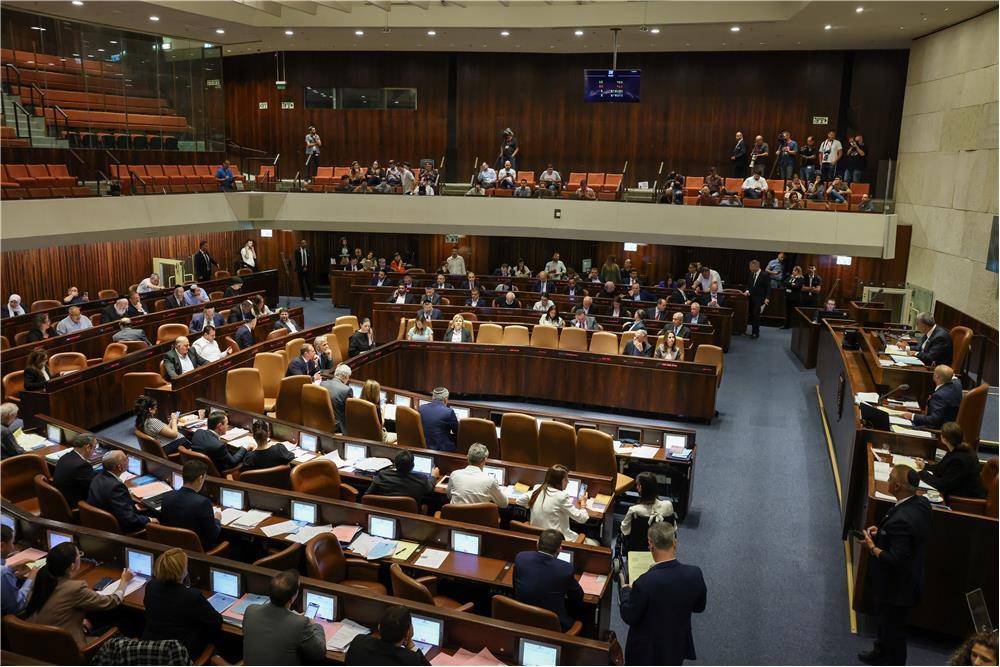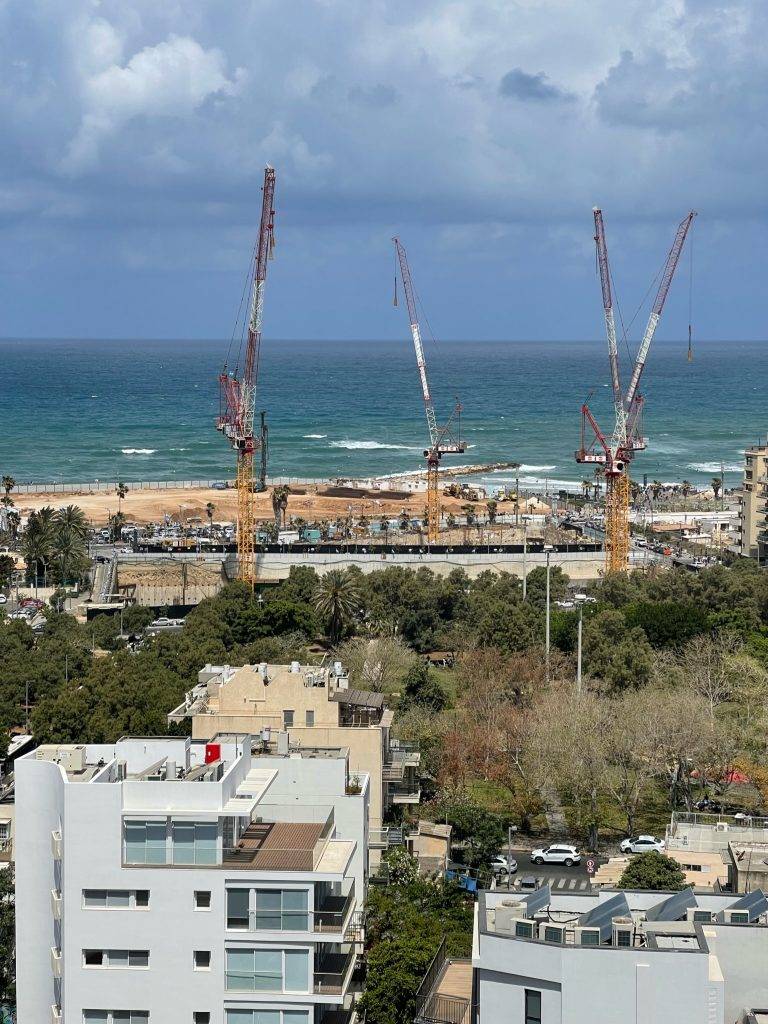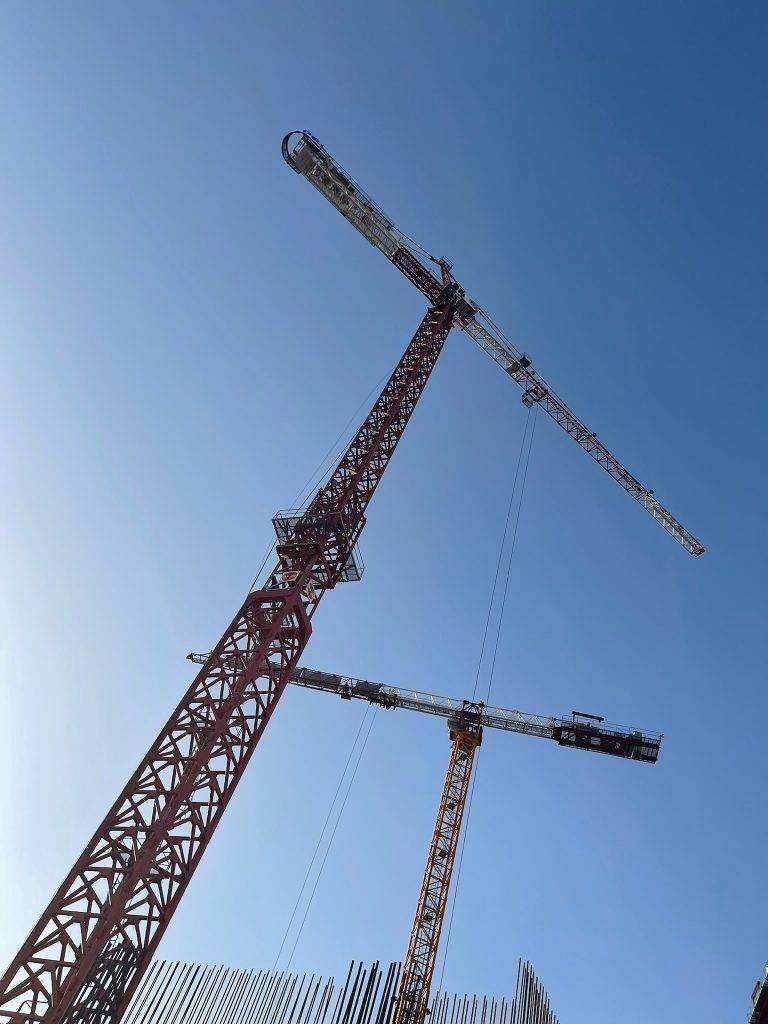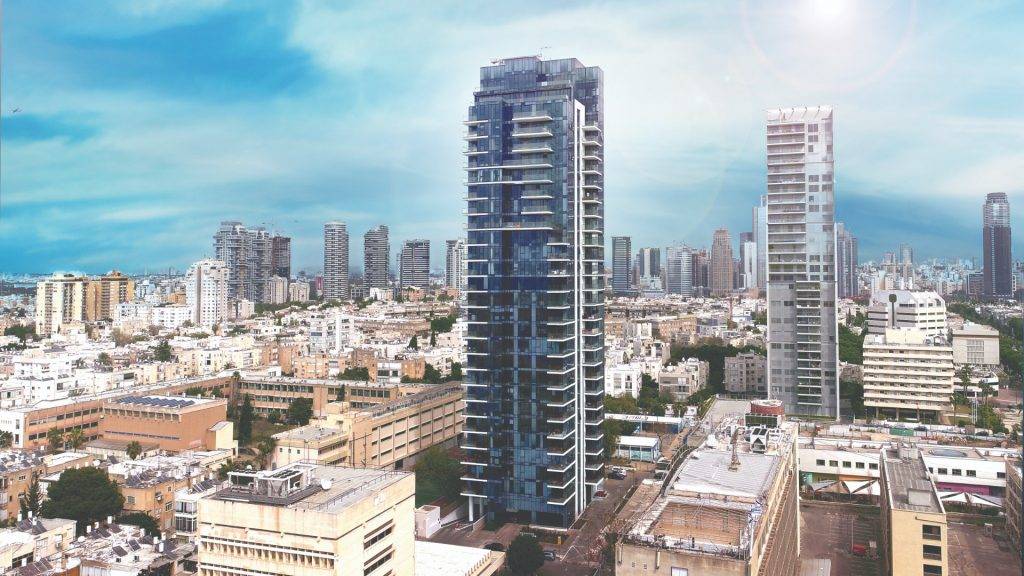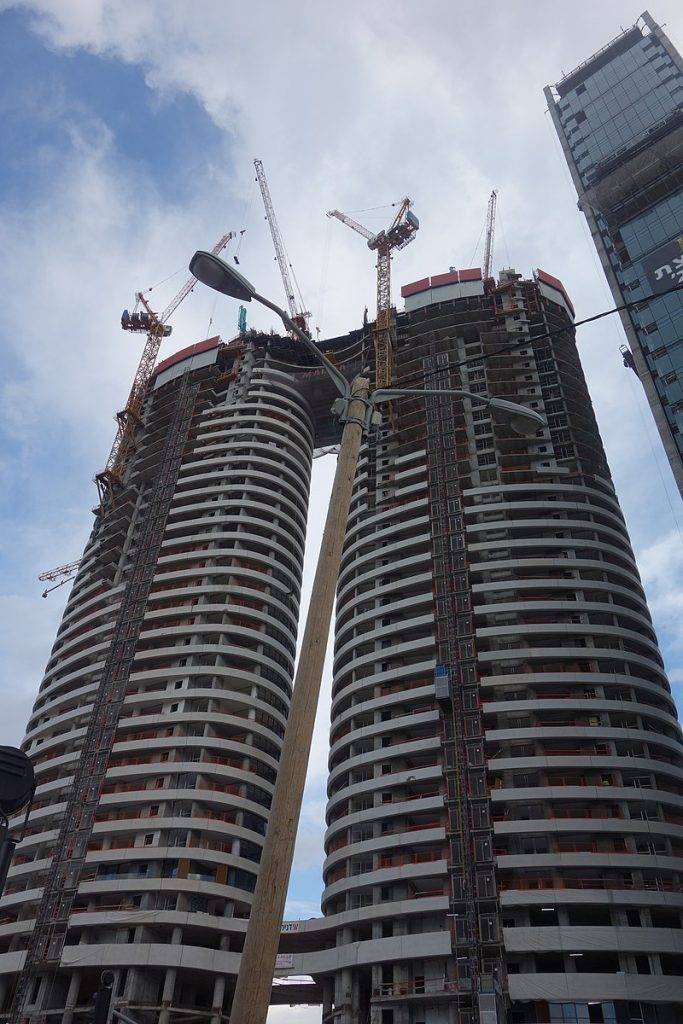📊 Israel Housing Market Update – Cooling Trends, Regional Shifts, and Record Inventory (May–July 2025)
The latest housing data paints a complex picture of Israel’s residential real estate market, with a notable cooling in sales activity, diverging trends between new and second-hand apartments, and record-high inventory levels in key regions. For buyers, sellers, and investors in Tel Aviv, understanding these shifts is crucial.

Overall Market Trends
Between May and July 2025, 21,640 apartments were sold nationwide – a 6% decline compared to the previous quarter (Feb–Apr 2025). Adjusted for seasonality, sales were down a sharper 12.6%.
Year-over-year, the slowdown is even more evident: compared to the same period in 2024, transactions fell 19.6% (–23% seasonally adjusted).
New vs. Second-Hand Apartments
🏗️ New Apartments
- 34.3% of total sales (7,430 units) were new-builds, with 26.3% sold under government subsidy programs.
- Versus the prior quarter: sales declined 15.4% (–17.9% seasonally adjusted).
- Versus last year: a dramatic fall of 36.4% (–37.6% seasonally adjusted).
🏠 Second-Hand Apartments
- 65.7% of sales (14,210 units) were resales.
- Versus the prior quarter: stable at –0.1%, though –9.3% when seasonally adjusted.
- Versus last year: sales fell 6.8% (–11.4% seasonally adjusted).
July 2025 Snapshot
In July, 8,140 apartments were sold – a 33.7% rebound compared to June (+21.8% seasonally adjusted). However, compared to July 2024, sales were still down 15.9% (–21.5% seasonally adjusted).
- New-builds: 2,750 units (+34.1% vs June; +33.3% seasonally adjusted). Year-over-year, however, sales plunged 31.2% (–33.9% seasonally adjusted).
- Resales: 5,390 units (+33.5% vs June; +15.9% seasonally adjusted). Compared to July 2024, sales were down 5.1% (–11.7% seasonally adjusted).
Long-Term Trendlines (2021–2025)
The broader trajectory shows clear cycles of expansion and contraction:
Total sales:
- Oct 2021–Apr 2023 → average –3.9% monthly decline.
- May 2023–Jun 2024 → +2.5% monthly growth.
- Jul 2024–Jul 2025 → –1.5% monthly decline.
New-builds:
- Aug 2021–Mar 2023 → –3.8% monthly decline.
- Apr 2023–May 2024 → +3.8% monthly growth.
- Jun 2024–Jun 2025 → –2.6% monthly decline.
Second-hand units:
- Oct 2021–Aug 2023 → –3.6% monthly decline.
- Sep 2023–Nov 2024 → +2.9% monthly growth.
- Dec 2024–Jul 2025 → –2.9% monthly decline.
Regional Dynamics
- Central District: 24.4% of national sales, including 27.9% of new-builds.
- Southern District: 22.8% of sales, including 27.5% of new-builds.
Geographic highlights:
- New-builds: declines across all districts.
- Second-hand: mixed trends – growth in the North, Jerusalem, and South, declines in Tel Aviv, Central, and Haifa.
- Leading cities: Ofakim & Tel Aviv-Yafo (new-builds, 500+ units each); Jerusalem, Haifa, and Be’er Sheva (resales, 700+ units each).
Inventory – New Apartments Remaining for Sale
As of July 2025, 82,530 new apartments remained unsold. At current absorption rates, this equals 31.1 months of supply.
- Month-over-month: +1.3%.
- Year-over-year: +19.8%.
- Since April 2022: stock has grown at +1.5% per month.
Where is the inventory concentrated?
- Tel Aviv District: 31.9% (26,310 units).
- Central District: 23.6% (19,480 units).
Among major cities:
- Tel Aviv-Yafo leads with 10,210 unsold units.
- Jerusalem follows with 8,030.
What This Means for Tel Aviv Buyers & Sellers
🔑 For Buyers:
- Developers face mounting pressure from record-high inventory, particularly in Tel Aviv and the Central District. This environment could open opportunities for incentives and negotiation.
- Resale apartments remain comparatively stable, with Tel Aviv continuing to attract demand despite slower volumes.
🔑 For Sellers:
- Positioning is everything. With buyers more selective and cautious, well-located and well-presented properties still command strong attention.
- The second-hand market is proving resilient, but sellers must price realistically to align with new market dynamics.
Bottom Line
The Israeli housing market is clearly in a correction phase. New-builds face the twin challenge of declining demand and rising supply, while resale apartments show relative resilience. For Tel Aviv, the city remains a demand magnet, but success in today’s market requires a strategic approach – whether buying, selling, or investing.

